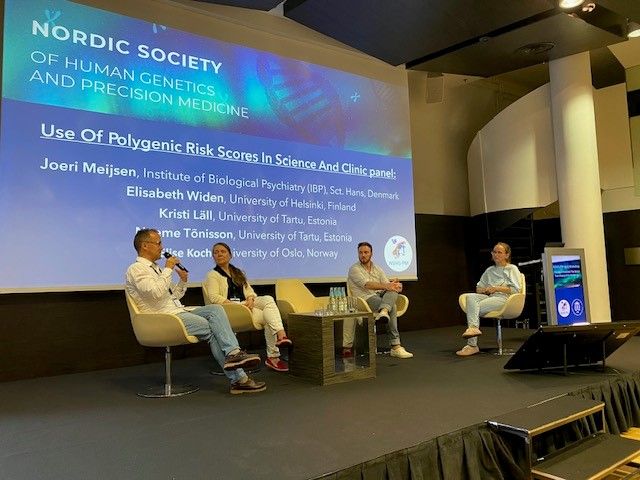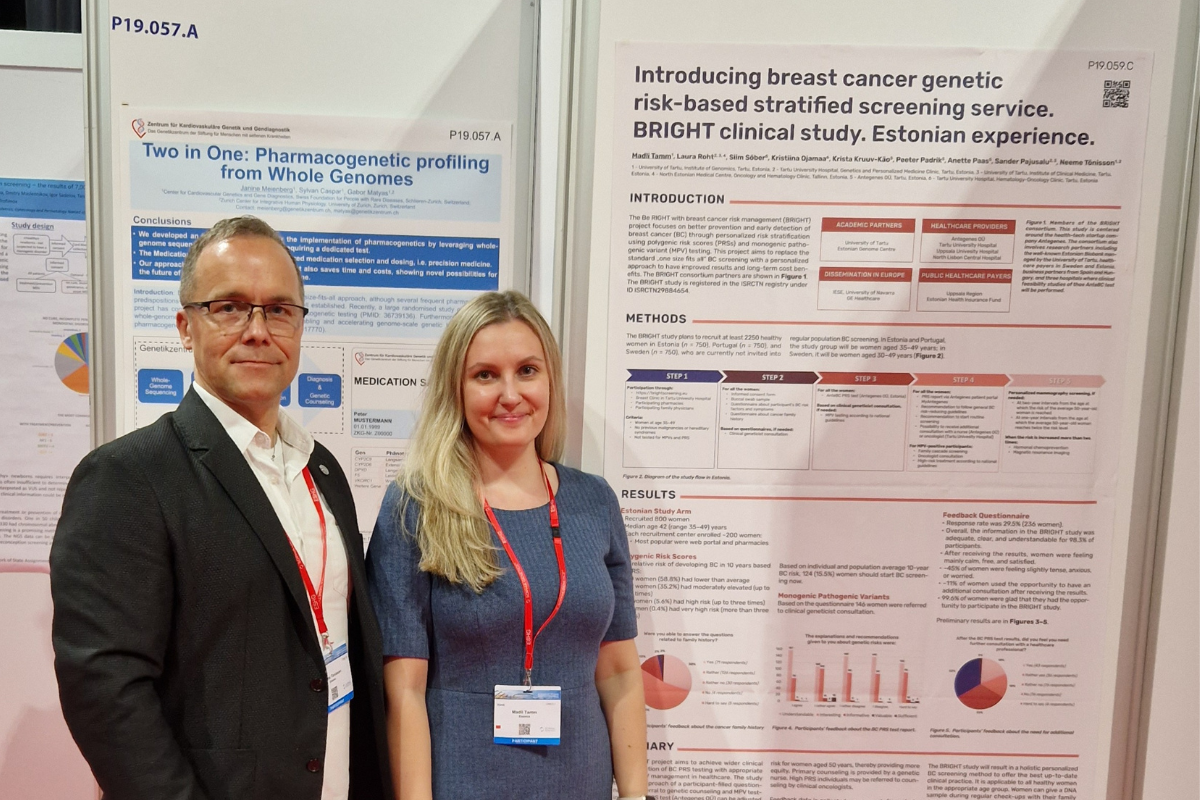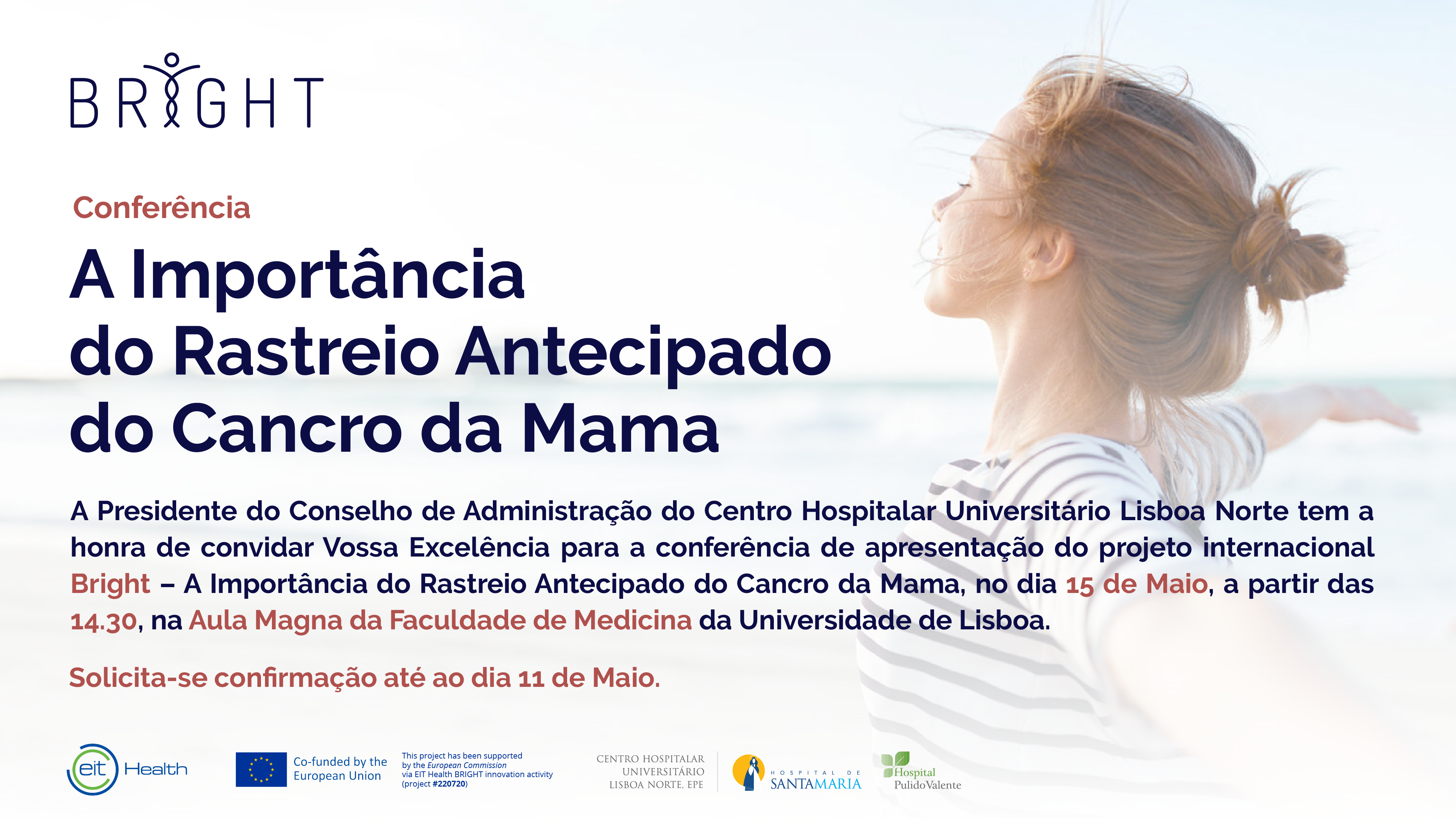Hea Kolleeg!
Olete väga oodatud BRIGHT projekti teavitusüritusele – kliinilise uuringu tulemused Eestis ja patsiendikäsitlus, mis toimub kolmapäeval, 8. novembril kl 15.00–17.00 Tartus, Biomeedikumis, Alexander Schmidti keskuses (Ravila 19). Üritusel on võimalik osaleda ka virtuaalselt, registreerides ennast veebi teel osalejaks. BRIGHT Eesti teavitusüritusel tutvustatakse Eesti haru käsitlusi, tulemusi ning rinnavähi täppisennetuse rakendamist rahvusvahelisel tasandil. BRIGHT projekti Eesti partnerid on Tartu Ülikool, Tartu Ülikooli Kliinikum, meditsiinilabor Antegenes ja Tervisekassa.
BRIGHT rahvusvahelise rakendusuuringu eesmärgiks on rinnavähi geneetilisel riskihinnangul põhineva sõeluuringu käivitamine, kaasates selleks teadus- ja innovatsioonipartnerid, tervishoiuteenuste osutajad, ravikindlustuse pakkujad ja patsiendiorganisatsioonid.
Rinnavähi täppisennetus on kaasaegses käsitluses digilahendus, mis kombineerib tervisesüsteemis tarkvaralised veebilahendused, logistilised lahendused, tervishoiuasutuste koostöö, geenitestid ja neile järgnevad tervishoiuteenused ühtseks lahenduseks rinnavähi ennetusteenusena rinnavähist tingitud suremuse vähendamiseks.
Teavitusüritusel osalemisest palume Teil teada anda hiljemalt 3. novembriks täites registreerumise vormi: https://forms.gle/Ck1gxdMMgM191aDM6.
Ürituse ajakava:
14.30–15.00 kogunemine, tervituskohv
15.00–16.30 ettekanded
- meditsiinigeneetika professor Neeme Tõnisson. Avasõnad ning BRIGHT projekti taust ja tutvustus, käsitluse üldine loogika (10 min)
- onkoloog Peeter Padrik „BRIGHT projekti Eesti haru geneetiliste riskide analüüside tulemused“ (10 min)
- pereõde Lota Kiiroja “Perearstikeskuse kogemus rinnavähi täppisennetuse uuringus” (10 min)
- meditsiiniõde Anette Paas „BRIGHT projekti Eesti haru patsientide tagasiside tulemused“ (10 min)
- analüütik Katrin Lutsar „BRIGHT projekti PRS käsitluse kulutõhususanalüüsi tulemused“ (10 min)
- dr Krista Kruuv-Käo „Rinnavähi täppisennetuse rakendamine Norras, AnteNOR projekti seis ja tulemused“ (10 min)
- onkoloog professor Luis Costa „Breast cancer early detection program in Portugal“ (15 min)
- professor Neeme Tõnisson ja dr Peeter Padrik „Geneetilistel riskidel põhinev rinnavähi täppisennetus. Vaade tagasi, vaade praegusele ja vaade tulevikku“ (15 min)
16.30–17.00 paneeldiskussioon „Kuidas jõuda Eestis parima personaliseeritud rinnavähi täppisennetuseni?“, modereerib professor Neeme Tõnisson
17.00–17.30 lõppsõna ja suupistelaud
Osalema on kutsutud:
Patsiendiorganisatsioonid, valdkonna erialaorganisatsioonid ja arstid, rinnavähi ennetustegevusega tegelevad raviasutused, Riigikogu sotsiaalkomisjoni, Sotsiaalministeeriumi, Tervisekassa, Tervise Arengu Instituudi esindajad, tervishoiuvaldkonna meedia esindajad, BRIGHT projekti partnerid, avalikkus.
Loodame Teiega kohtuda BRIGHT teavitusüritusel!
Lugupidamisega
Prof Neeme Tõnisson
Dr Peeter Padrik



